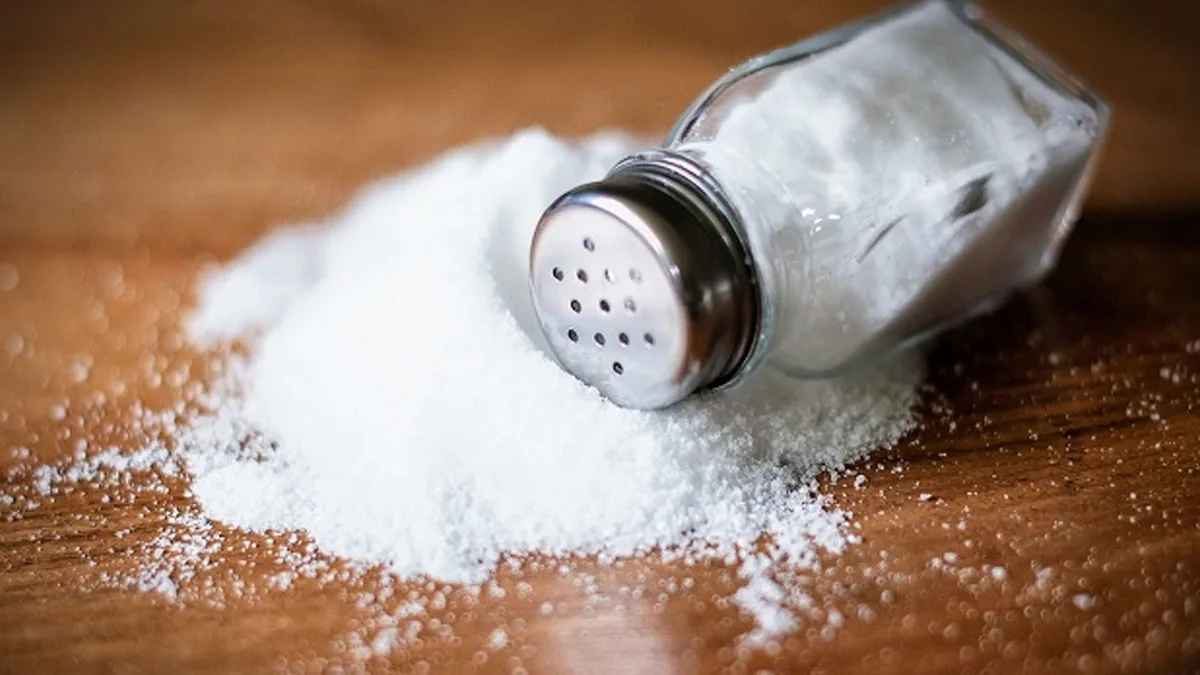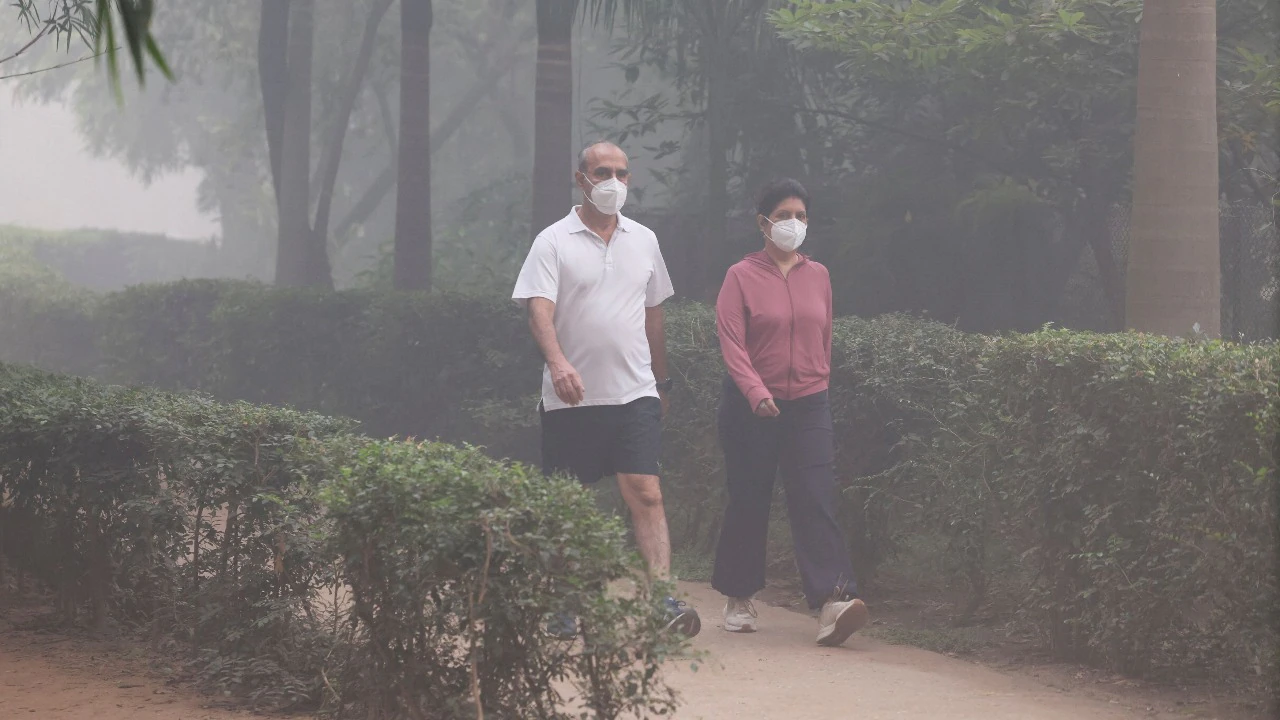Copyright forbes

Yet another blood pressure medication is being recalled due to the presence of impurities that could cause cancer. (Photo: Getty) Whitesnake came out with the song “Here I Go Again” in 1982. Well, it’s now 2025, and here we go again with yet another recall of a blood pressure medication due to having too high levels of chemicals that could cause cancer. This time it’s Teva Pharmaceuticals USA Inc., recalling 580,844 bottles of its prazosin hydrochloride capsules, according to a Food and Drug Administration enforcement report. If this sounds like déjà vu all over again, it kind of is. I’ve written for Forbes about blood pressure medication recalls for cancer concerns nearly every year over the past seven years, like in 2018, 2019, 2021 and 2022. These recalls have spanned different blood pressure medications from different manufacturers and different impurities. The main difference this time around is that while the FDA issued press releases for many of the past recalls, for this recall, the rather brief FDA enforcement report indicated, “Press Release Not Issued For This Recall.” That’s been the case for a number of other recalls this year. So, one has to wonder whether the slashing of FDA personnel in 2025 has anything to do with this because historically people have been doing the press release writing thing. The Recall Is Due To A N-nitroso Prazosin Impurity C The FDA enforcement report doesn’t offer a whole lot of information. It does indicate that the impurity of concern is something called a N-nitroso Prazosin impurity C. N-nitroso is short for N-Nitrosamines, a class of chemical compounds with an N–N=O structure. In this case, the N stands for nitrogen and the O stands for oxygen. N–N=O may look like “no,” and it’s a big no-no to have too much “N-nitrosamines” in your blood pressure medications. That’s because the 15th Report on Carcinogens from the National Toxicology Program lists 15 different “N-nitrosamines” as being “reasonably anticipated to be a human carcinogen.” Such impurities can be introduced into the medication during the manufacturing process. While having zero impurities in a medication may not be very possible, sort of like expecting anyone to have zero impure thoughts, the FDA has established limits as too what levels of different impurities are acceptable. The FDA enforcement report does indicated that there were “CGMP Deviations-Test results for N-nitroso Prazosin impurity C that are above the Carcinogenic Potency Categorization Approach (CPCA) acceptable intake limit for the above specified lots.” The Recall Is Of Prazosin Hydrochloride Prazosin hydrochloride is a relatively common medication used to lower blood pressure. There are other uses for prazosin as well. This includes treating benign prostatic hyperplasia, PTSD-associated nightmares and the Raynaud phenomenon. The medication act on the alpha-1 adrenergic receptors that are located in the smooth muscle that constitute the walls of your blood vessels. Stimulation of these alpha-1 receptors can prompte the smooth muscle to contract, tightening the blood pressure and thus increasing the blood pressure. The medication blocks these receptors from being activated, thus relaxing the smooth muscle and allowing your blood vessels to expand. You also have such alpha-1 receptors in your prostate (if you have one), urethra, iris in your eyes and brain (if you have one). MORE FOR YOU How To Determine If Your Medication Is Part Of The Recall The recall includes capsules of three different doses: 1, 2 and 5 mg. If you are taking prazosin hydrochloride for any reason, you should first determine the manufacturer of your medication is. If it is Teva, then check whether the medication’s National Drug Code (NDC) and the expiration date match any of those listed in the FDA enforcement report. The recall began on October 7. If you are still not sure or need assistance in locating the NDC and expiration date, contact the pharmacy where you got the medication. If the pharmacy for some reason doesn’t help you, remind them that they are a freaking pharmacy, and it’s their job to provide you such services. How Concerned Should You Be About The Recall Now, this isn’t a if-you-took-some-of-these-medications-you-will-explode type of recall. The FDA has deemed this a “Class II” recall, which means the product "may cause temporary or medically reversible adverse health consequences." Teva USA has determined that the overall harm in the patient population to be “medium,” according to a memo from the Califonia Board of Pharmacy Having limited exposure to relatively small amounts of a carcinogen over a short amount of time may have little effect. However, the risk of getting cancer does increase as you get exposed to more of the carcinogen over time. Therefore, it is important to heed any warnings about such carcinogens, stop taking any medications where acceptable levels may be exceeded and either return or discard such medications as soon as possible. Discarding such medications means wrapping them safely before putting them in the trash so that no person or pet can accidentally ingest the medications. Don’t flush such medications down the toilet or feed them to your roommate, no matter what you may think about your roommate. A broader concern is why there have been so many recalls of medications for the presence of potential cancer-causing impurities and what the U.S. government has been doing about this problem. Consumers rely on the FDA to make sure that medications are safe to take. Yet, there’s been little talk over the past seven years from the U.S. government about what changes will be enacted to deal with this what’s-in-your-medication issue. Nearly half of adults in the U.S. have high blood pressure, according to the American Heart Association. And allowing high blood pressure to go untreated can lead to lots of problems, including heart attacks, stroke and kidney issues. Therefore, a lot of people are either on or should be on blood pressure medications. a lot of people Editorial StandardsReprints & Permissions



